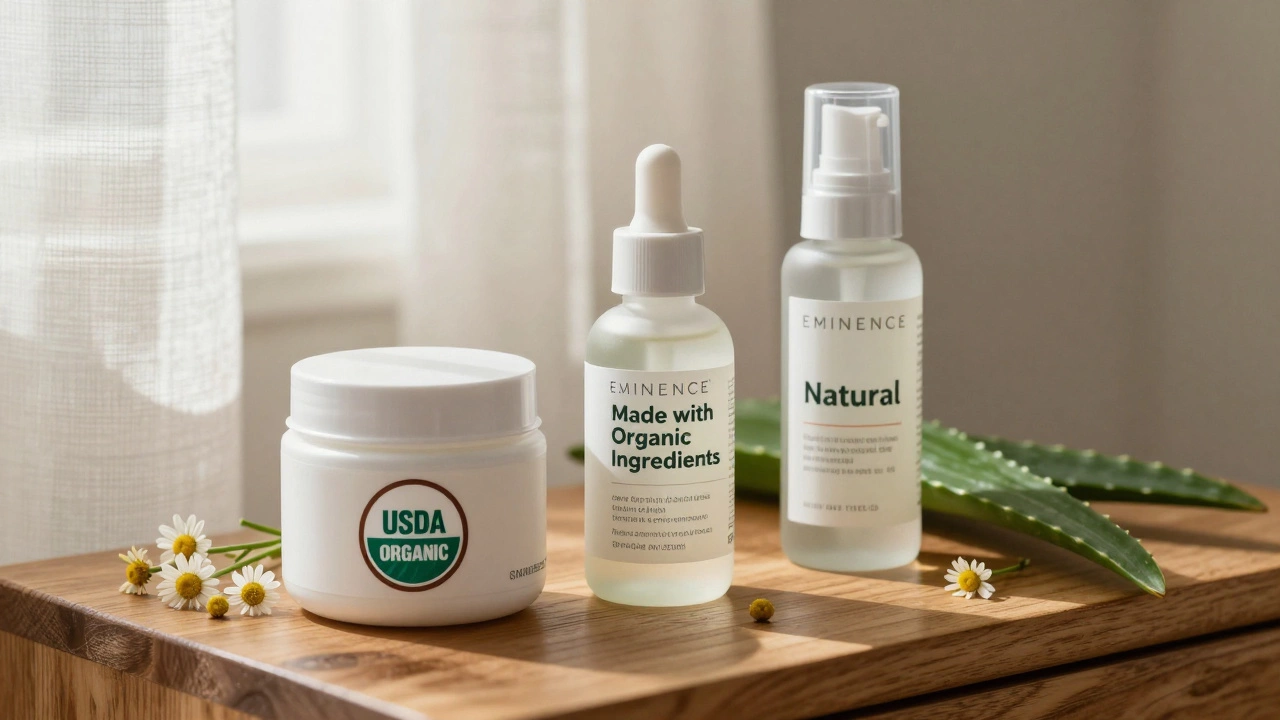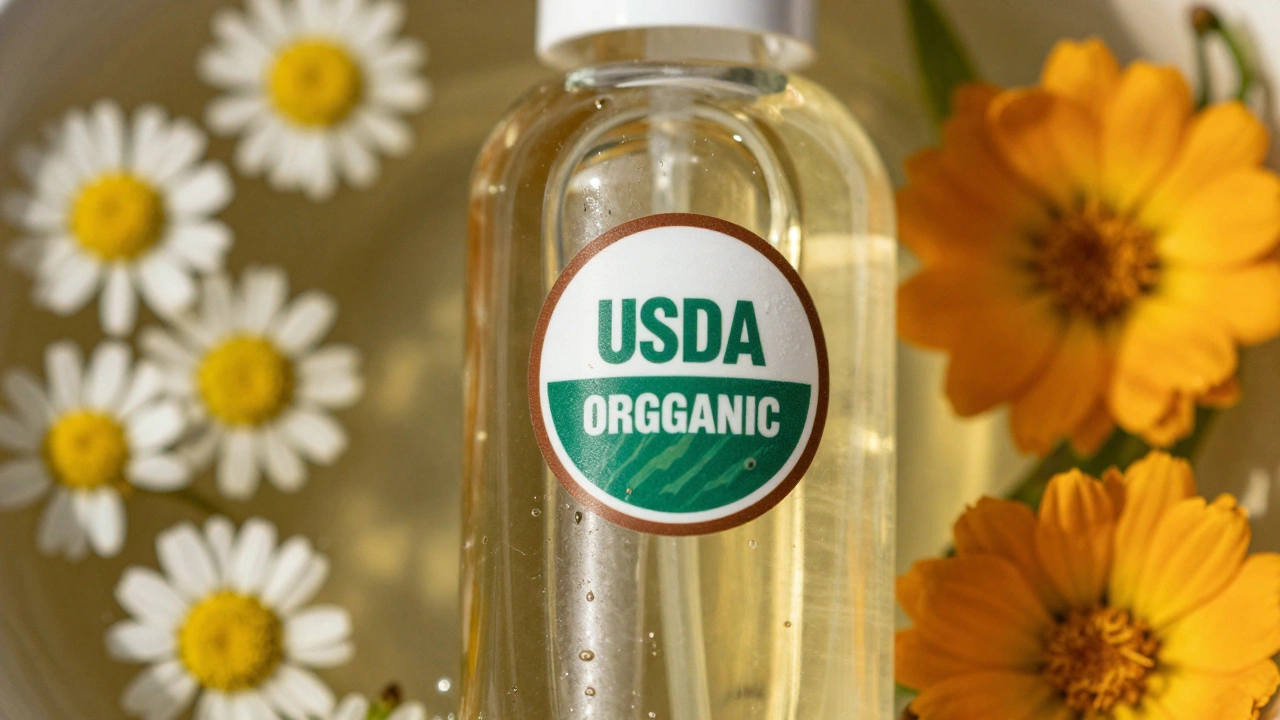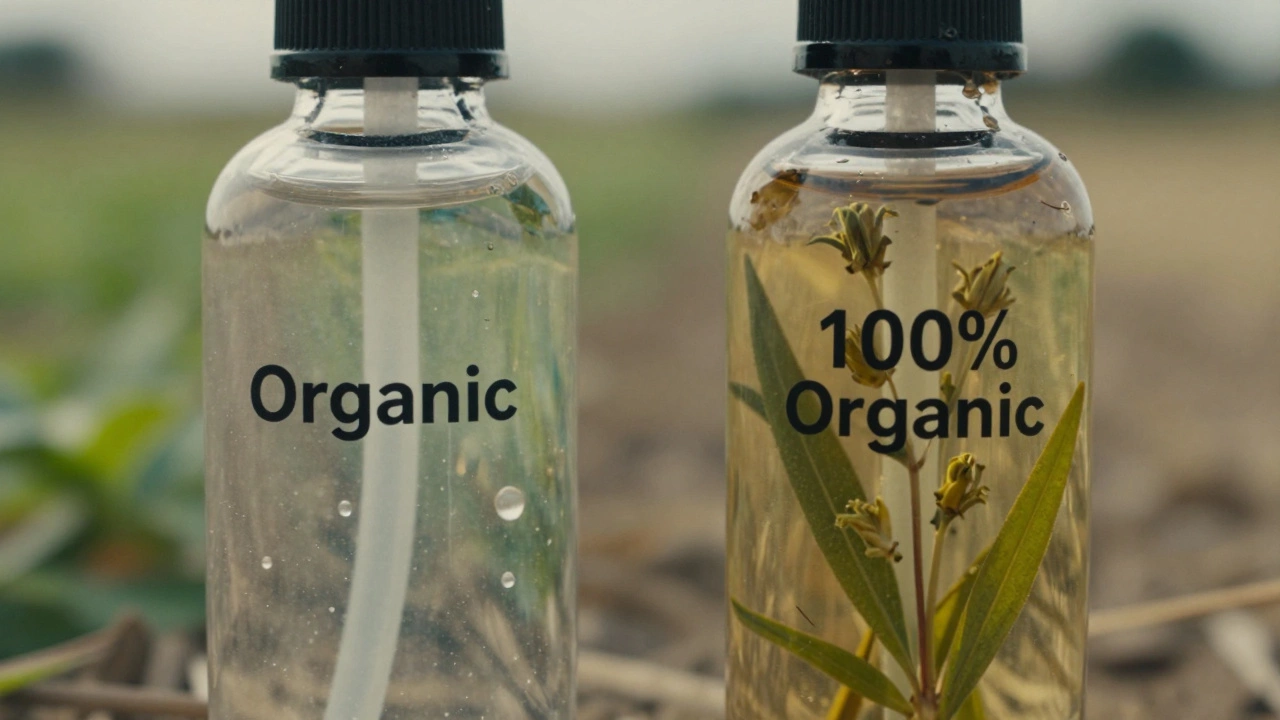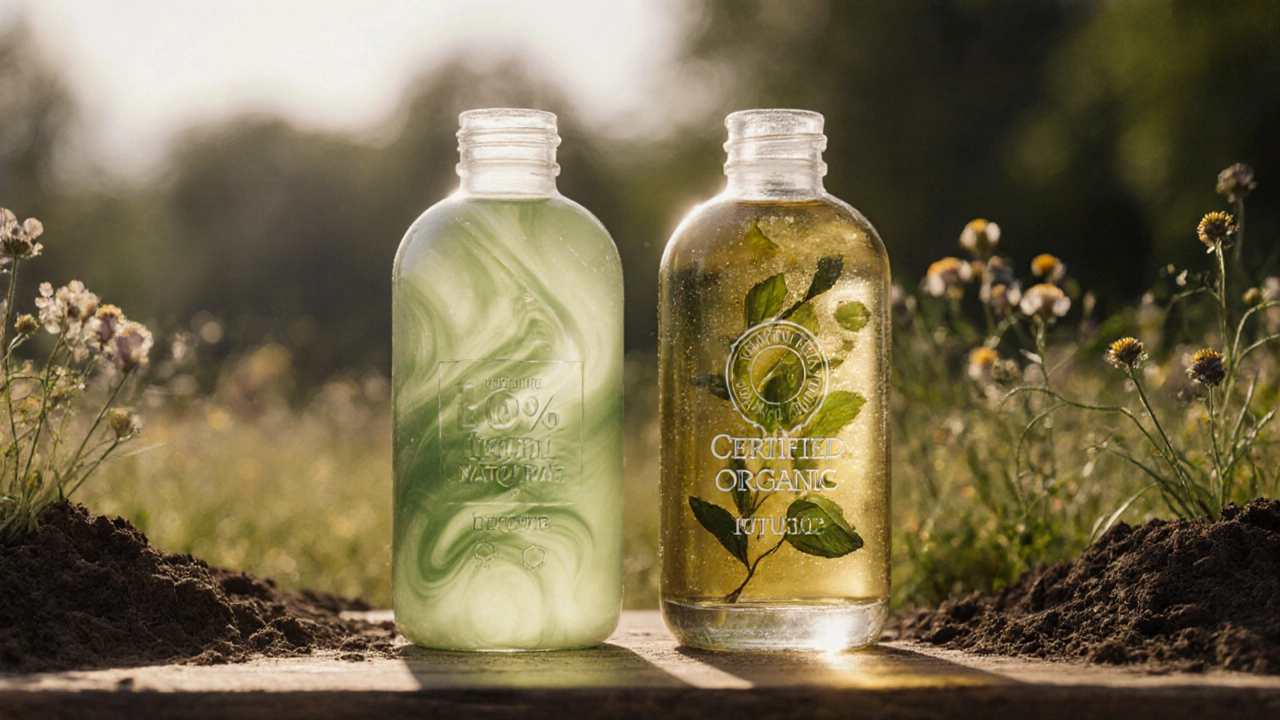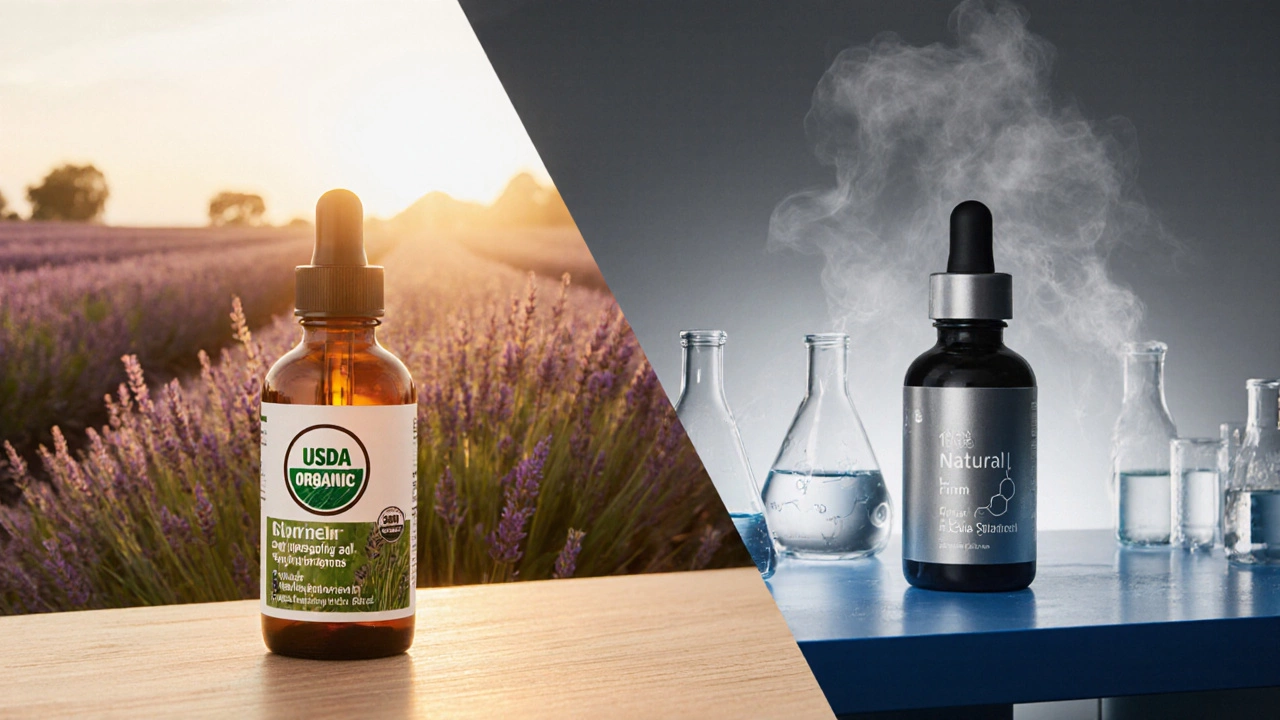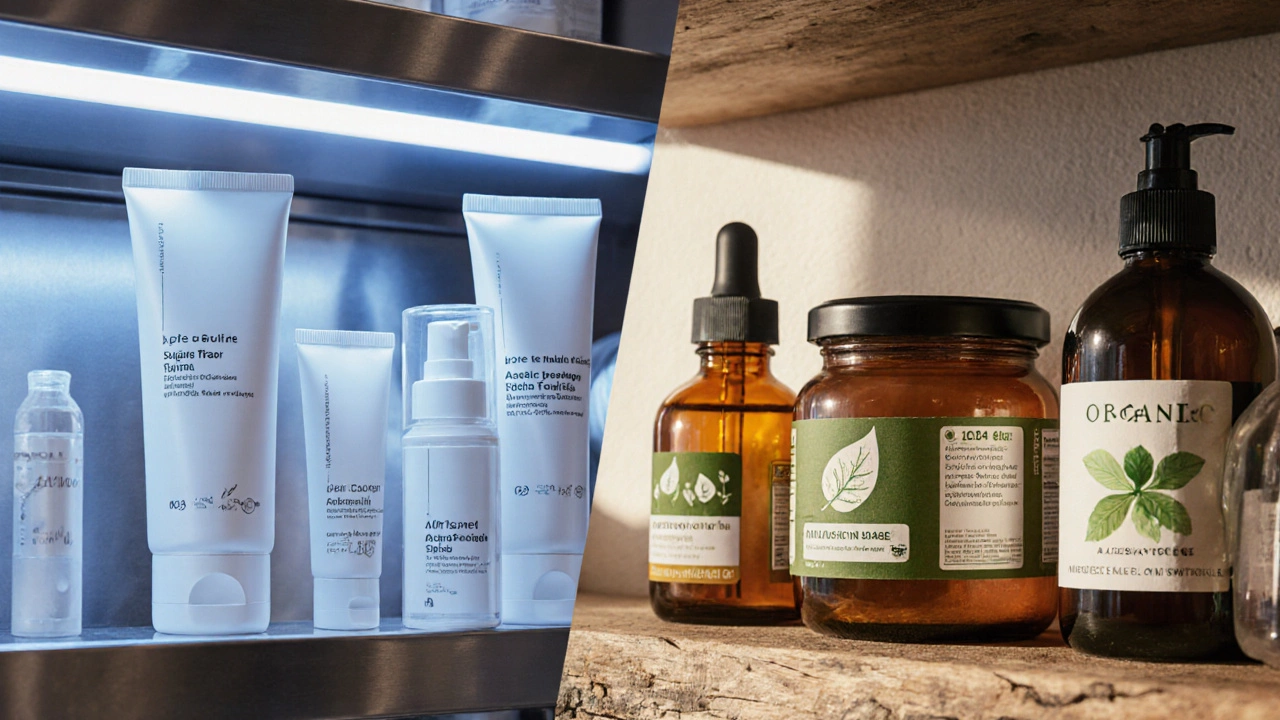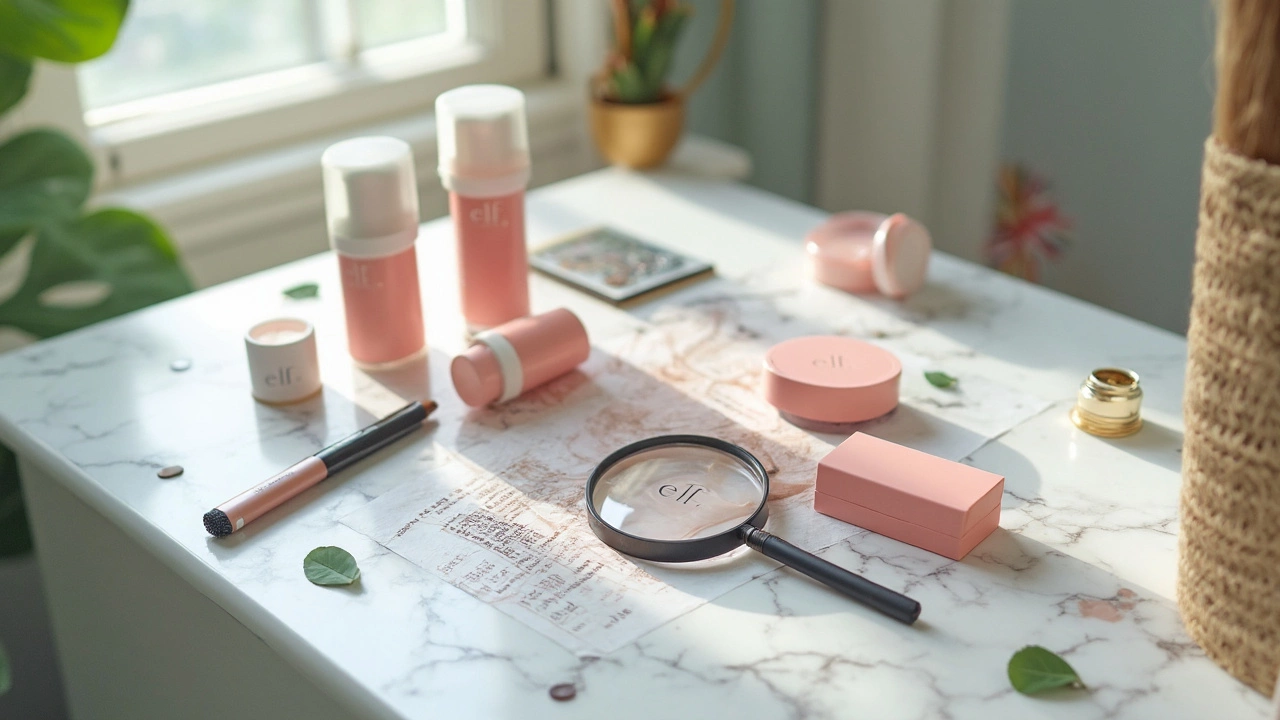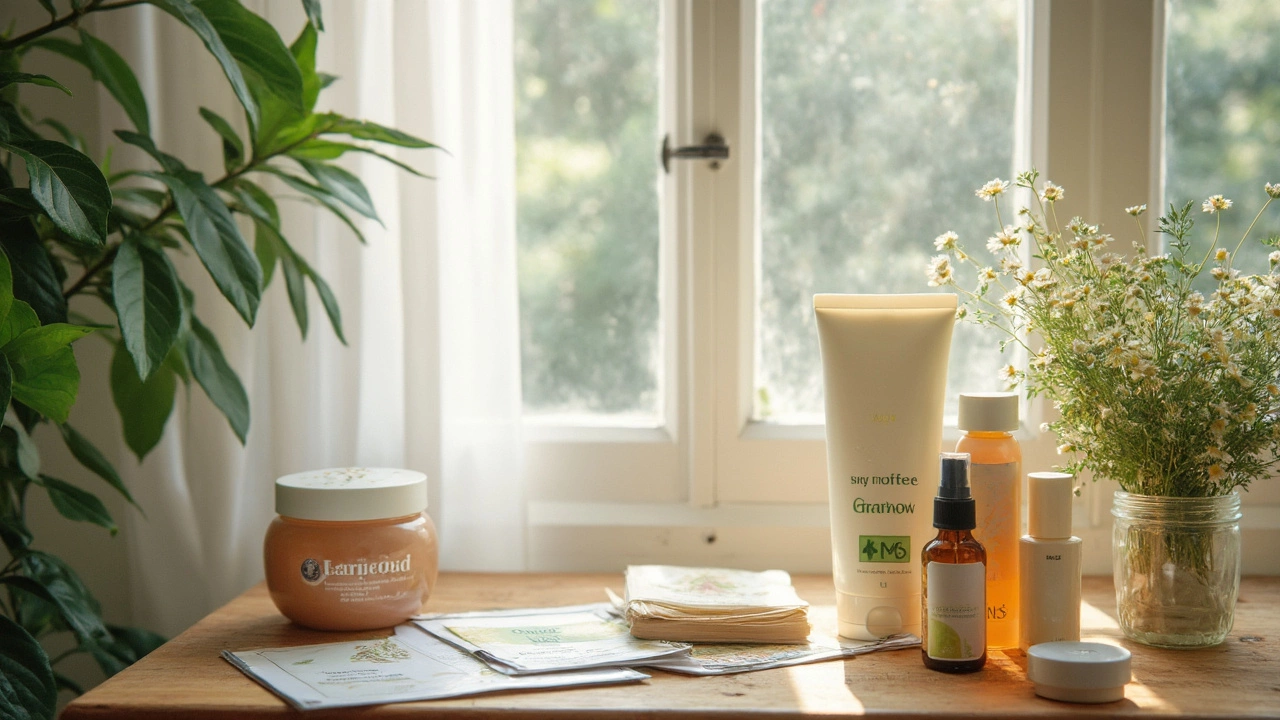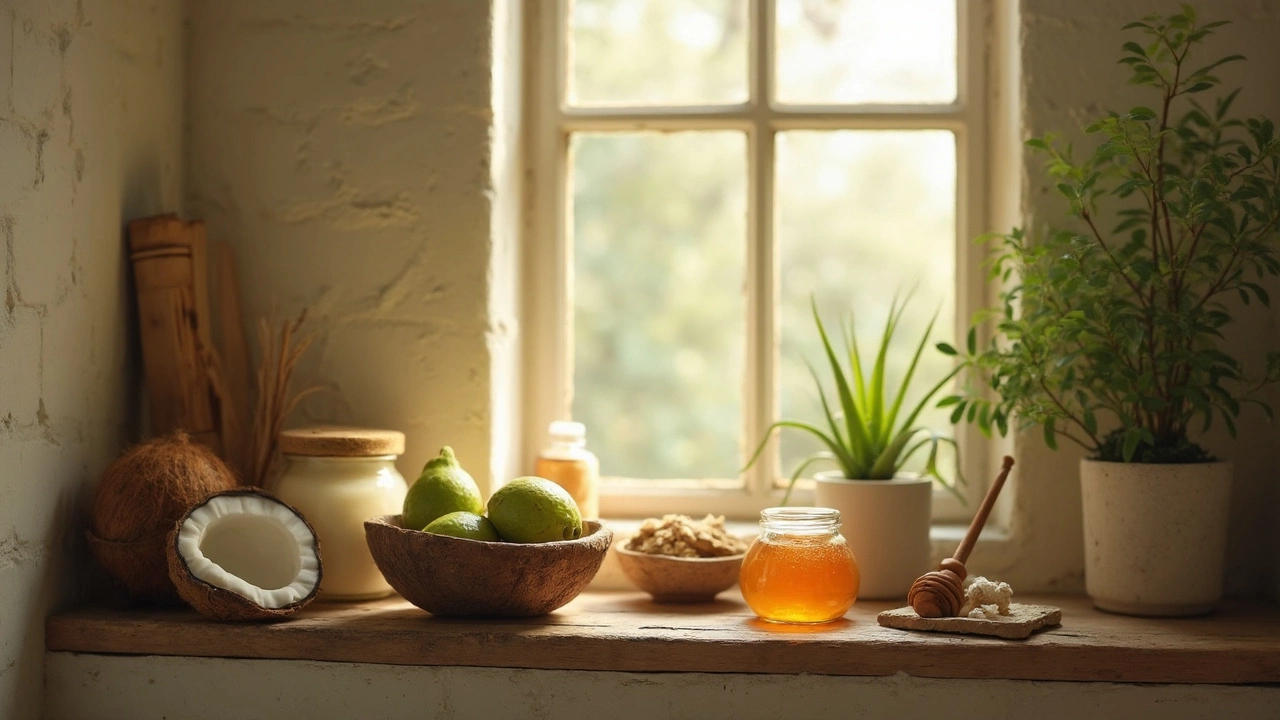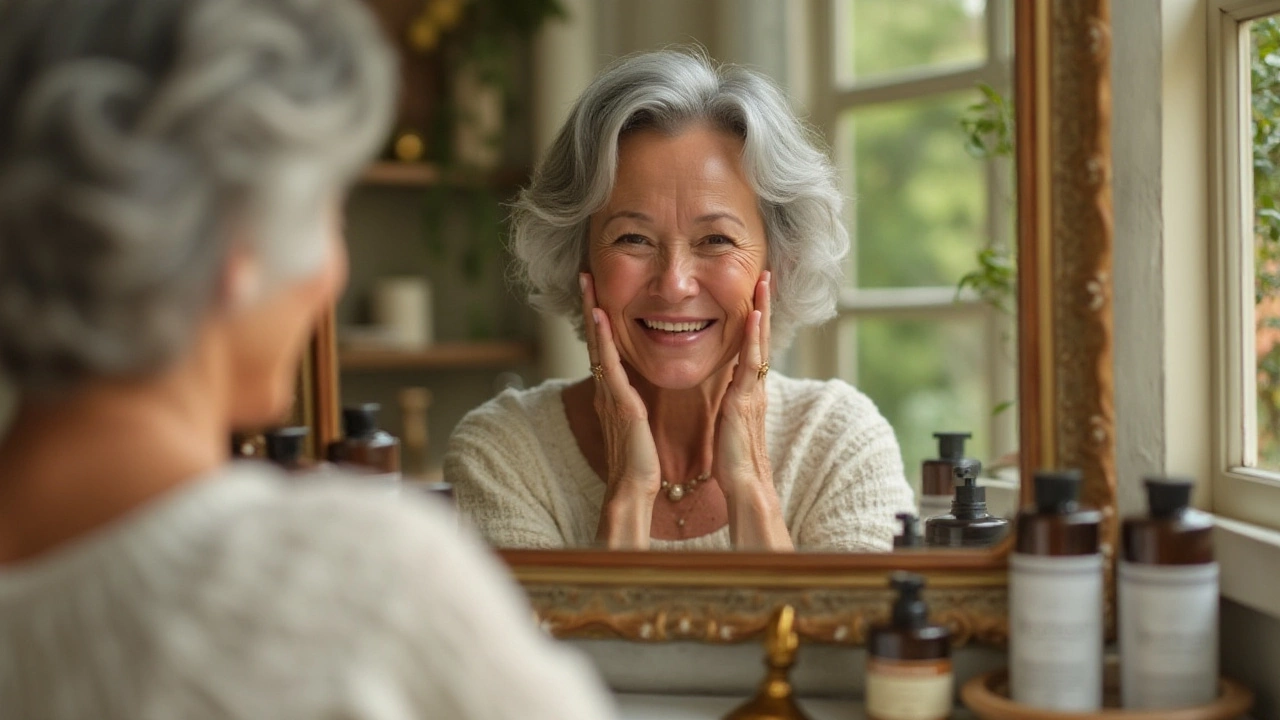Organic Skincare: Simple Tips, Safe Products & Learning Paths
There’s a lot of hype around “organic” these days, but the idea is simple: use skin care that’s grown without harsh chemicals and packed with natural goodness. When you switch to organic, you’re cutting out synthetic fragrances, parabens, and synthetic dyes that can irritate sensitive skin. The result? Fewer breakouts, calmer skin, and a routine that feels kinder to the planet.
Choosing Real Organic Products
The first step is learning how to spot truly organic items. Look for certifications like COSMOS‑Organic or Soil Association on the label – these aren’t just marketing fluff. Check the ingredient list; the first three items should be plant‑based and recognisable, like aloe vera, shea butter, or rosehip oil. If you see long‑chain chemicals or a lot of “water” at the top, the product is probably not as clean as it claims.
Packaging matters, too. Recyclable glass jars or biodegradable tubes show a brand’s commitment to the environment. And don’t forget to read the “free from” section – many organic lines avoid sulfates, phthalates, and synthetic colourants. Sticking to these guidelines helps you build a trustworthy stash without guessing.
DIY Organic Recipes You Can Make at Home
Want full control over what touches your face? DIY recipes let you mix exactly what you need. A basic cleanser can be made with equal parts raw honey and warm water; honey is antimicrobial and soothing. For a lightweight moisturizer, blend a teaspoon of jojoba oil with a few drops of lavender essential oil – it absorbs quickly and leaves a gentle scent.
A weekly mask is easy too: mash half an avocado, stir in a tablespoon of oat flour, and add a squeeze of lemon juice for brightening. Apply for ten minutes, then rinse with lukewarm water. These three recipes use ingredients you probably already have, cost little, and avoid any hidden chemicals.
Store your DIY mixes in a clean jar in the fridge and label them with the date. Natural products don’t have preservatives, so use them within two weeks. Always do a patch test first – dab a bit on your wrist and wait 24 hours. If there’s no redness, the mix is safe for your face.
At Dollhouse Beauty Academy we’ve built courses around exactly this mindset. Our “Organic Skincare Fundamentals” class walks you through ingredient science, product formulation, and business basics if you want to launch your own line. You’ll learn how to read certifications, source ethical raw materials, and create formulas that meet industry standards.
Students also get hands‑on labs where you practice making cleansers, serums, and masks under expert guidance. By the end, you’ll have a portfolio of your own creations and a certificate that shows you understand organic skin care inside‑out.
Ready to upgrade your routine and maybe even turn a passion into a career? Browse our organic skincare courses, sign up for a free intro webinar, and start experimenting with safe, effective ingredients today. Your skin – and the planet – will thank you.
Is Eminence Organic Skincare Really Organic? The Truth Behind the Labels
Eminence Organic Skin Care claims to be organic, but not all its products are USDA-certified. Here’s what’s truly organic, what’s not, and whether it’s worth the price.
How to Know if a Skincare Product Is Organic: A Simple Guide for Real Results
Learn how to spot real organic skincare from fake claims. Know which certifications matter, what ingredients to avoid, and how to verify if your products are truly organic.
What Is the Difference Between Organic and 100% Organic Skincare?
Understand the real difference between organic and 100% organic skincare. Learn what certifications mean, why it matters for your skin, and how to spot genuine products vs. greenwashing.
Is 100% Natural the Same as Organic in Skincare?
Natural doesn't mean organic in skincare. Learn the real difference between the two labels, what certifications actually require, and how to spot truly clean products that protect your skin and the planet.
Is Organic Skincare Really 100% Natural?
Find out what 'organic' really means for skincare, how it differs from 'natural', and how to read labels to spot true organic products.
Medical Grade Skincare vs Organic Skincare: Key Differences Explained
Explore the core differences between medical grade and organic skincare, from regulations and ingredients to pricing and efficacy.
Is Elf an Organic Brand? The Truth Behind Your Favorite Makeup
Curious if Elf counts as an organic brand? A lot of people grab Elf for the affordability and stylish packaging, but wonder about what's actually in those bottles and tubes. This article breaks down what 'organic' really means, where Elf stands, and whether it meets the bar for natural, clean skincare. You’ll find actual tips for spotting organic products and learn what makes a brand truly organic. No sugarcoating—just straightforward facts, so you know exactly what you’re putting on your skin.
Organic Skincare: Why Make the Switch Now?
Ever wonder what’s actually in your skincare products? This article breaks down the surprising facts about conventional vs organic skincare, shows how switching can benefit your health and the planet, and shares easy tips for starting an organic routine. Real examples and practical advice make it simple to get started. Find out why more people are ditching chemicals for nature’s own remedies. You’ll learn what ingredients to look for, which ones to avoid, and how to make the transition hassle-free.
Best Natural Remedies for Your Skin: A Closer Look
Discover the best natural remedies for maintaining healthy and glowing skin. Learn about common kitchen ingredients and plant-based products that can transform your skincare routine. Explore simple tips and tricks to enhance your natural beauty without harmful chemicals. Understand why these organic options work and how to incorporate them into your daily regimen. Elevate your skincare game with nature's best offerings.
The Best Organic Moisturizers for Women Over 55: Top Picks for Radiant Skin
Choosing the right organic moisturizer for women over 55 can transform mature skin by providing hydration, reducing fine lines, and enhancing radiance. As skin matures, it requires products that are gentle, natural, and deeply nourishing. This article explores the top organic moisturizing products that cater specifically to the needs of mature skin. Emphasis is on ingredients that promote skin elasticity and health without harsh chemicals. It is essential to find the perfect blend of hydration and anti-aging benefits.
Exploring the Top Skin Damagers: What You Need to Know for Radiant Health
Skin, our body's largest organ, faces numerous challenges that can lead to damage and premature aging. From the relentless sun to the ingredients in our skincare products, many factors contribute to skin health woes. Understanding these damaging elements can empower you to make informed decisions about skincare routines. The quest for radiant, healthy skin starts with awareness and prevention. Let's uncover the culprits behind skin damage and explore how organic solutions can offer protection.

